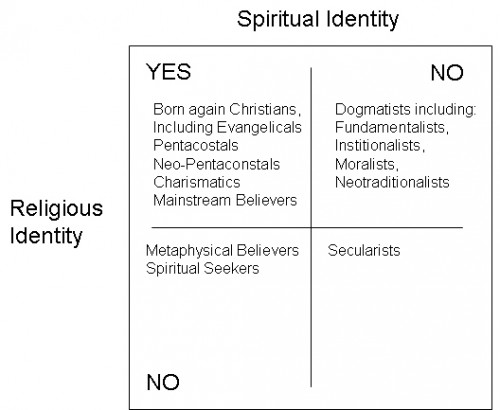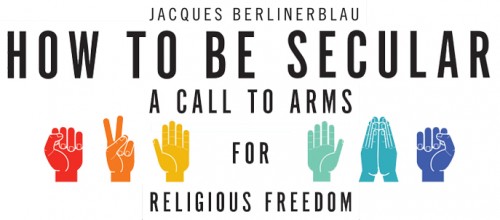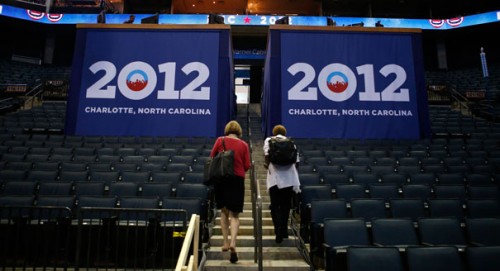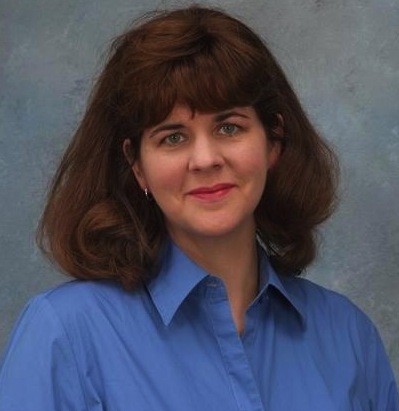Director/producer Alan D. Miller seems like a very intelligent guy, he participates in the NY Salon after all, so I was disappointed to see him participate in the religious pundit class version of “hippie punching”: criticizing all those “spiritual but not religious” people for CNN’s Belief Blog. You see, these spiritual (but not religious) people are very shallow, and don’t realize how darn important the Christian Bible has been to human history.
“A bit of Yoga here, a Zen idea there, a quote from Taoism and a Kabbalah class, a bit of Sufism and maybe some Feing Shui but not generally a reading and appreciation of The Bhagavad Gita, the Karma Sutra or the Qur’an, let alone The Old or New Testament. So what, one may ask? Christianity has been interwoven and seminal in Western history and culture. As Harold Bloom pointed out in his book on the King James Bible, everything from the visual arts, to Bach and our canon of literature generally would not be possible without this enormously important work. Indeed, it was through the desire to know and read the Bible that reading became a reality for the masses – an entirely radical moment that had enormous consequences for humanity. Moreover, the spiritual but not religious reflect the “me” generation of self-obsessed, truth-is-whatever-you-feel-it-to-be thinking, where big, historic, demanding institutions that have expectations about behavior, attitudes and observance and rules are jettisoned yet nothing positive is put in replacement.”
So, you see, spiritual-but-not-religious people are dilettantes who should, I guess, be really respectful and thankful for the Bible? They should know that Christianity has dominated Western culture for a long, long, time? Ultimately, according to Miller, there are just two sides and we all, but especially these self-absorbed yoga-breathing spiritual types, need to just pick one.
“Theirs is a world of fence-sitting, not-knowingess, but not-trying-ness either. Take a stand, I say. Which one is it? A belief in God and Scripture or a commitment to the Enlightenment ideal of human-based knowledge, reason and action? Being spiritual but not religious avoids having to think too hard about having to decide.”
Ha-ha! Take that straw-man spiritual-but-not-religious demographic, you’ve been defeated again!
So I have two problems with Mr. Miller’s essay, aside from the lazy broadsides against a diverse demographic that he most likely only thinks he understands. First, people who actually define themselves as “spiritual but not religious” account for less than 0.3% of the US population (even if you include all “liberal faiths” you only get to 0.7%). So he’s taking the time to complain about what a tiny demographic does because they get up his nose? Because he’s tired of hearing about their latest guru at cocktail parties? That’s just petty, unless he actually means people who refuse to associate themselves with a religion, the “nones,” in which case you’re talking about a far larger demographic, and one that won’t slot easily into Miller’s conjectures.
Secondly, I want to talk about the importance of the Bible. I completely agree that the Bible (particularly the King James Bible) has had an immense influence in Western culture, but let us not pretend that this is because the book excelled in its prose, was especially unique, or won in some metaphysical literature competition. The Bible was dominant because Christianity was dominant, and Christianity is dominant because of a Constantinian turn, not because it fairly competed against other forms of religious literature. To believe that the printing press, great art, and great music, would not have occurred had the pagans triumphed is folly of the highest order. Miller is praising the Bible for the role any number of other works could have taken had Christianity not enforced strict controls on who got to read what for generations. Are we suddenly going to forget that the ancient world had a thriving literary tradition (one that smart Christians constantly cribbed from)? That the Rennaisance and the Enlightenment had as much to do with access to pre-Christian works as it did the Bible? For a long time Christianity has only had to struggle with itself, and to praise the flowers that bloomed in its tended garden is to ignore the forest it razed to plant those seeds.
In my opinion the outsize reactions to spiritual but not religious people are knee-jerk and ultimately telling. You “punch the hippie” not because the hippie is necessarily wrong, but because it benefits you in some way to engage in the punching. Right now there are a lot of people involved in institutional religion who are working very, very, hard to remind you how much good they’ve done you in the past. Art! Music! Pretty buildings! Don’t forget! This is despite the fact that a majority of people are still professed Christians in the United States. That a tiny minority has shaken off institutional faith and is searching for something different, and maybe hasn’t found it yet, is threatening because people are worried that it will catch on. That they may even stop searching and choose to be Buddhists, or Hindus, or Pagans, and weaken the cultural throne that institutional forms of Christianity have long taken for granted.
So the next time you see someone knocking the “nones,” or bemoaning the spiritual people, ask yourself what their agenda for doing it is. Why are they punching the hippie?














